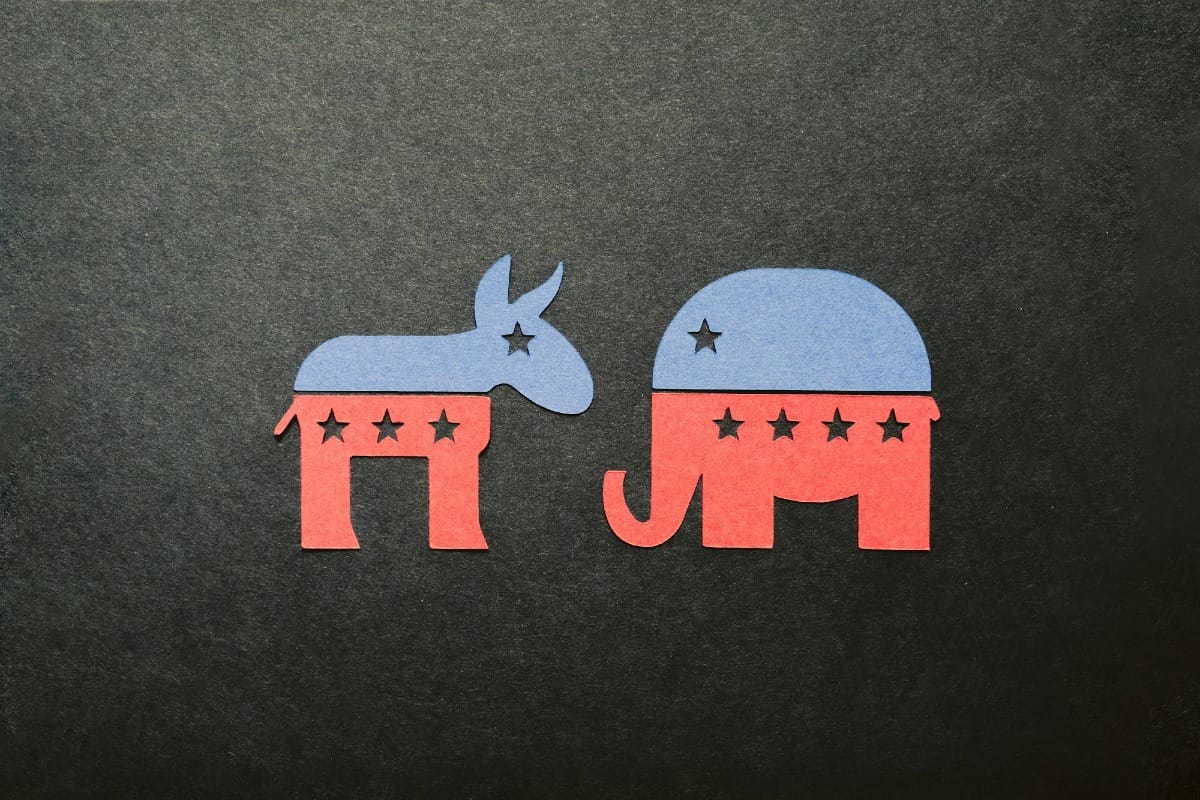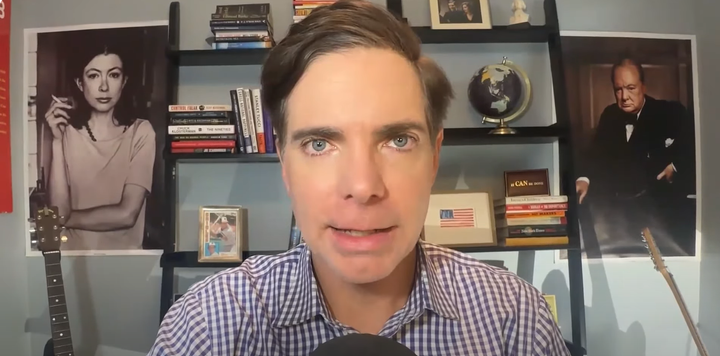Political Allegiance: Party or Policy?
Is political allegiance still significant today? Many argue that policies, not party loyalty, truly impact our lives. Yet, some cling to political identities passed down through generations. Ultimately, political allegiance may only be as strong as the party’s ability to address real-life issues.

Political allegiance, just how important is it today? I’ve asked myself this question a lot in my adulthood. I’ve even had conversations about which was more important: our political allegiance or the policy that governs our everyday lives. Most of the people I have these conversations with conclude that the policies were more meaningful than the allegiance because policies are what affect their lives. Others would give the nod to political allegiance, because it’s what their parents and family members have always identified themselves as politically.
So, this got me thinking about what exactly drives their loyalty to their political allegiance. Some would say it’s the policies and the work that they and their family members put into seeing their political beliefs put into law. But sometimes I view it as a generational habit or movement. Think about it. We have two generations that often bump heads due to their political leanings. One feels that party alignment is more important than the policy platform on which the party stands. Others feel like party allegiance is out of touch with the reality of real-life problems. There should be more focus on updating policies to fit today’s society’s needs, rather than those of a society of the past. As a result, you have more people declaring independence when it comes to voting. Their causes are more important than their party affiliation. The rise in numbers of people switching to a different party affiliation is due to the feeling that they are not being heard.
Our current political organization seems to be more concerned about corporations and the needs of the one percent, rather than the needs for the people that they govern. As a citizen, this brings pause to many because our country’s foundation is built on the concept that government is supposed to be “for the people, by the people."
Which brings me back to the question at hand, how important is someone’s political allegiance in today’s society. My perspective is that it is not as important as we believe it to be because of the actions and policies that have been pushed on citizens, the working and middle-class people who participate in today’s society.
The working middle-class and young people know that they have the ability to move the needle regarding which policies are best for the nation. If these groups of people become displeased, this is when the nation starts to experience party switching or the creation of new alliances within a party. It seems, in fact, that the United States and other countries are experiencing just such a reshaping of political allegiances. So,to summarize, I feel that a person’s allegiance to a political party is only as strong as the party’s policies that support their lifestyle.




Comments ()